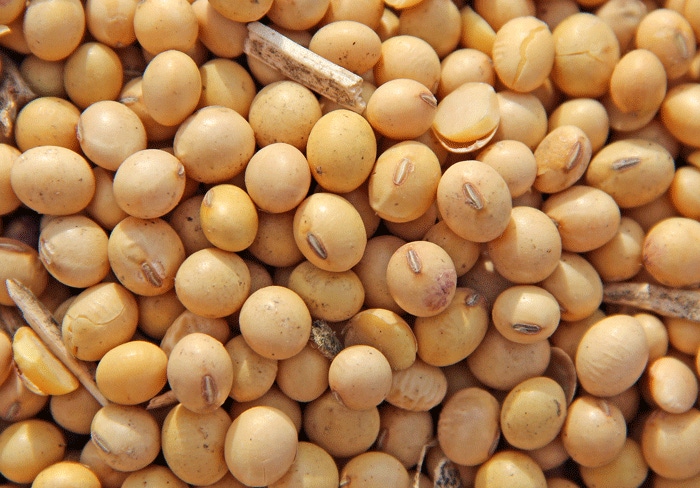November 1, 2012

As the governments of the United States and the European Union (EU) explore ways to enhance trade between our countries, including through a potential free trade agreement (FTA), the American Soybean Association (ASA) has provided its views to the Office of the U.S. Trade Representative (USTR).
As soybeans represent the nation’s largest agricultural export, valued at more than $26 billion last year, soybean farmers have a vested interest in seeing barriers to transatlantic trade reduced.
Such barriers, like the EU’s discriminatory biotech labeling requirements and renewable energy standards, have had a significantly negative impact on soybean exports to the EU in recent years, with a 44 percent decline in the value of EU-bound exports between 1998 and 2011, and a 70 percent drop in export volume during the same period.
“Central to our concerns with EU biotech labeling and renewable energy regulations is the fact that they represent discriminatory non-tariff barriers to U.S. access to EU markets for soybeans and soybean products, and have no basis in scientific fact,” wrote ASA President Steve Wellman in ASA’s comments.
“Instead, the EU has invoked the so-called Precautionary Principle, under which unsubstantiated concerns about the safety of biotech products to health and the environment are deemed sufficient to require labeling them.”
“Similarly, the EU’s Renewable Energy Directive (RED) establishes arbitrary criteria for the production of soybeans and other commodities in order to meet sustainability requirements and be eligible as feedstocks for biofuels used in EU Member States,” added Wellman.
“In combination with the EU’s biotech labeling regulations, the RED will effectively eliminate imports of U.S. soybeans, since soybean oil will not be used either as an ingredient in food products or as a feedstock for biodiesel production.”
Discussing a potential free trade agreement between the U.S. and the EU, and suggestions by some that agricultural interests may be excluded from any such FTA, Wellman maintained the importance of agriculture to trade issues, saying, “Agriculture is too important as an export industry for the U.S. to not address it in any new FTA negotiations.
“Moreover, as we have pointed out, U.S. soybean exports to the EU have been severely impacted by its biotech labeling and RED regulations during the last 13 years, and these issues must be addressed in any FTA negotiations.”
Wellman then looked to the regulations’ potential larger impact, saying, “To allow the EU to establish unsubstantiated process-based labeling requirements or to impose arbitrary environmental criteria on imports and on producers in countries from which they are imported will only invite additional EU regulatory initiatives in other sectors that could offset any positive benefits which an FTA might achieve in reducing domestic or export subsidies or tariffs.”
For a full transcript of ASA’s comments, please click here.
You May Also Like




